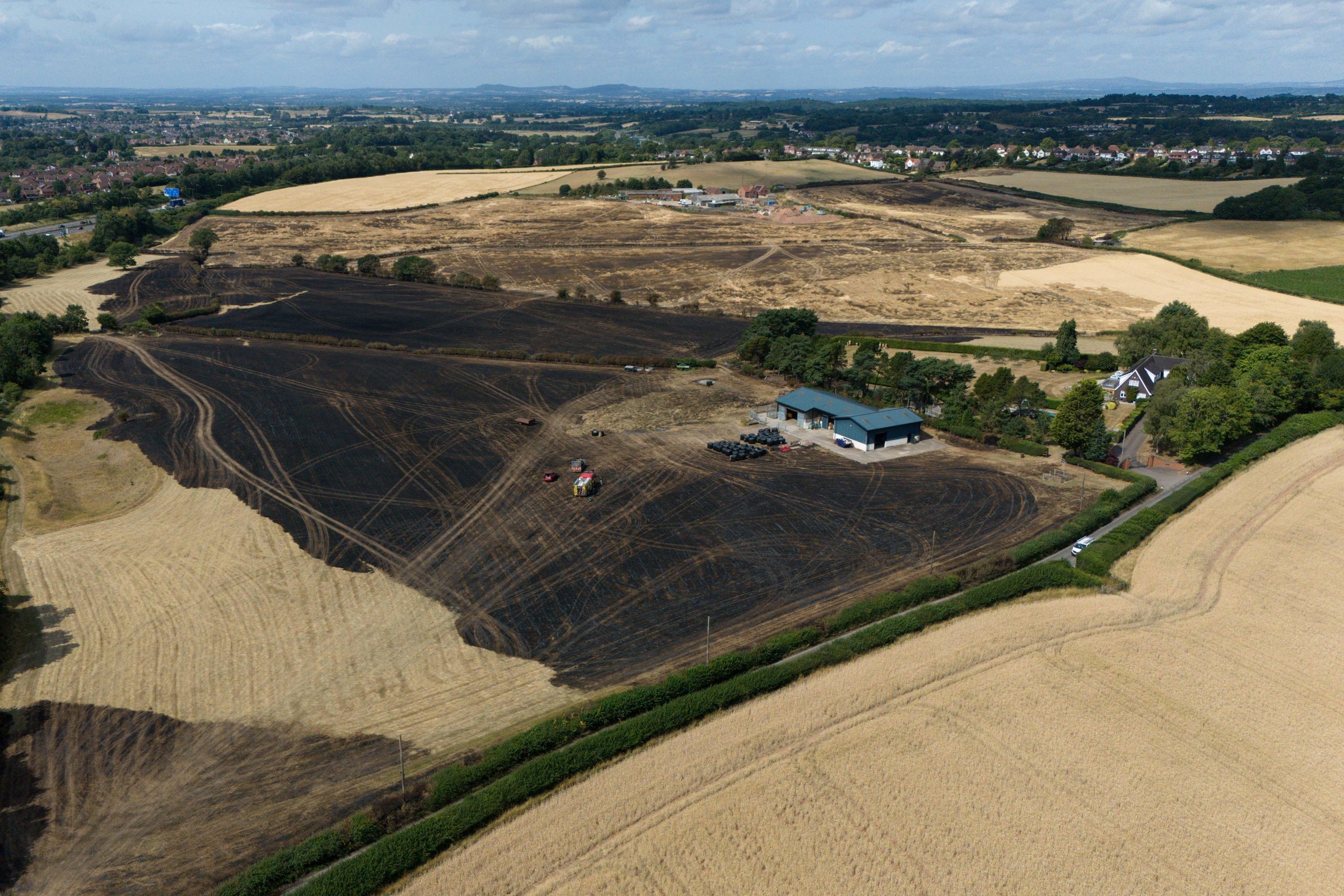The West Midlands has officially moved into drought status, following the driest spring in 132 years, prompting calls for urgent water conservation and stepped-up efforts by water companies.
The Environment Agency confirmed the change in status today (Monday 15 July), as declining river flows and groundwater levels across the region hit historic lows — with some of the region’s rivers recording their driest June since 1976.
In response, the agency is intensifying its drought operations across the West Midlands, while ensuring that water companies urgently act on the measures outlined in their drought management plans.
The decision aligns the West Midlands with other drought-hit areas in England, including the East Midlands, North West and Yorkshire, and comes as the National Drought Group meets to discuss further steps. Officials are urging residents across the region to use water wisely and avoid unnecessary waste.
River Severn and Trent Among Worst Affected
The River Severn catchment, which runs through major parts of the West Midlands, recorded just two-thirds of its usual June rainfall, while the River Trent catchment received only 37% of its long-term average — a worrying indicator of the strain on the region’s water supply and ecosystems.
Matt Gable, the Environment Agency’s regional incident lead, said:
“Against a backdrop of a changing climate, this change of status recognises the impact prolonged dry weather is having on water resources and the environment.
“In the Midlands, we are taking action to reduce that impact and to oversee the actions water companies need to take to secure public water supplies.”
On-the-Ground Action
Environment Agency field teams are already monitoring rivers and groundwater sources across the region, working with farmers, abstractors and water companies to manage supplies and prevent further environmental harm.
Fisheries officers are also on standby to relocate fish from drying or oxygen-starved rivers and canals.
The agency is calling on the public — including boaters, anglers and wild swimmers — to remain alert and report any signs of fish in distress or environmental degradation.
What You Can Do
West Midlands residents are being urged to take simple water-saving steps at home and in their gardens — such as turning off sprinklers, avoiding car washes and fixing leaking taps — to help ease the pressure on local water systems.
The Environment Agency is also warning that Temporary Use Bans (hosepipe bans) could follow if the situation worsens, although any such move would need to be decided and implemented by water companies in line with their published drought plans.

